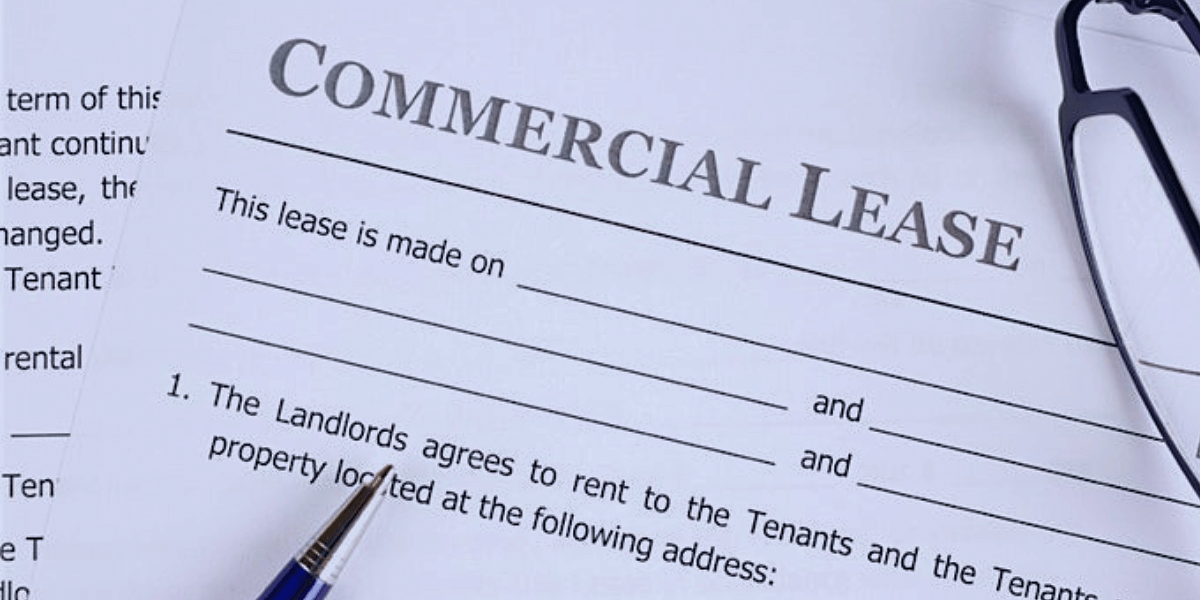Transferring Leasehold Rights to Another Party
Occasionally, a tenant needs to prematurely vacate their leased premises or transfer their rights to another party. When negotiating your lease, it may not seem to be a clause of primary importance. However, we don’t always foresee challenging economic times, and the amount of sublease space currently on the market only proves why it is critical to pay special attention to these rights spelled out in the lease document and to maintain as much flexibility as possible to mitigate your lease obligation should business conditions dictate. There are several reasons why the original tenant may need to do so, and he or she should have some right, not unreasonably withheld, to bring in a new, replacement tenant or a new owner of the business and “assign” the lease or “sublet” the lease space to a new business entity.
Assignment and subletting are not the same. In an assignment, the original tenant assigns, or grants, his rights and obligations under the lease entirely to the new tenant, who agrees to accept them. The new tenant literally substitutes in for the original tenant, who is no longer bound under the lease.
A sublet situation is one where a new tenant occupies the lease space, but the original tenant remains liable for the lease obligations. Subletting is much less risky for a landlord because two tenants are liable under the same lease: the original tenant and the subletting tenant.
There are several major issues in any sublet or assignment situation:
- The parties
- The terms desired by each party
- The original tenant’s obligations
- What is each party agreeable to in the event of name changes, mergers, etc.?
- The handling of sublease rental amounts in excess of the scheduled rental amounts
- The handling of deposits, tenant liens, etc.
- Payment of any costs to the landlord when considering a replacement tenant.
Not surprisingly, landlords are traditionally much more reluctant to agree to an assignment because it is inherently riskier for the landlord. The main risk is whether the new tenant is financially able to assume the lease obligations of the original tenant. No landlord will willingly accept a replacement tenant who is weaker financially and thus unable to fulfill the lease requirements. Unless it can be shown that the new tenant is at least as strong financially as the original tenant, the landlord may be reasonable to deny the requested assignment. Additionally, the landlord must determine that the new tenant is desirable, which is subjective to a point. The landlord will be concerned that the new tenant is credit-worthy, strong financially, has a good reputation, and fits well into the existing tenant mix.
The lease must define the tenant’s rights regarding assigning the lease or subletting the space to another tenant. To be balanced, this language should also include the landlord’s rights to accept or deny an assignment or sublease agreement, with the allowable basis for his acceptance or denial being clearly defined. Both the tenant and the landlord must be careful when negotiating these types of clauses.
Regardless of how desirable and/or financially sound the new tenant is, the landlord may insist that the original tenant remain responsible for his or her original obligations under the lease.
Additionally, the landlord may impose other conditions, such as:
- The landlord must agree to the proposed use of the lease space by the new tenant
- The replacement tenant will have to execute acceptable documents with the landlord wherein it adopts the original lease and agrees to meet all the obligations therein of the original tenant
- The original tenant must pay the landlord’s expenses and other reasonable costs (legal fees, financial analysis assistance) that may be incurred when considering any replacement tenant, whether that replacement tenant is ultimately approved. (Some landlords set a basic fee of $1,000 to $5,000 to cover the due diligence work necessary to evaluate the replacement tenant.)
Instead of these details being outlined in the lease, many tenants seek to simply have the lease provide that “the landlord shall not unreasonably withhold the right of the tenant to sublease or assign his/her interests in this lease.” Landlords are generally more agreeable to the use of this phrase when the potential assignee is an affiliate, parent organization, franchisor, subsidiary or successor corporation, purchaser, or merging company of the original tenant rather than an unrelated third party. From the tenant’s perspective, it is important to create as much flexibility as possible, for it can have a significant impact on the marketability of your sublease space.
Commercial lease agreements are complex legal documents. A business is best served when represented by an experienced tenant representative and a real estate attorney.





